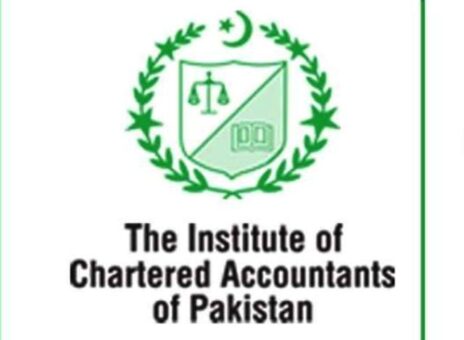KARACHI: Federal Board of Revenue (FBR) has been urged to reduce withholding tax rate to 0.2 percent for distributors of Fast Moving Consumer Goods (FMCG) companies as higher rate is increasing the cost of doing business.
The Overseas Investors Chamber of Commerce and Industry (OICCI) in its tax proposals for budget 2019/2020, said that the distribution of FMCG is a high turnover and low margin business.
This fact has also been acknowledged to some extent by the FBR by prescribing minimum taxation rate for the distributors of FMCG Companies at 0.2 percent of their turnover i.e. reducing the basic rate of minimum tax by 80 percent.
The OICCI suggested that the basic rate of withholding tax under section 153 for distributors of FMCG sector should be reduced to 0.2 percent in line with section 113 of income tax ordinance, 2001.
Giving rationale, it said that the high rate of withholding tax is increasing the cost of doing business as the existing withholding tax rate is higher than the net margin of distributors.
Another proposal, the OICCI said that ‘Aerated waters’ is the only item within food and beverage industry that is subject to both sales tax (third schedule of the Sales Tax Act, 1990) and FED (First Schedule of Federal Excise Act, 2005), while all other beverages (like: Juices, Tea & Milk based drinks) are only subject to sales tax at 17 percent.
Earlier in 2011-2012, FED rate was reduced from 12 percent to 6 percent with commitment that it shall be eliminated in 2 to 3 years but this was not implemented.
The OICCI recommended that the Federal Excise Duty (FED) should be decreased from 11.5 percent to 8.5 percent, and eliminated gradually.
The chamber pointed out that after the withdrawal of 58R of Special Procedure Rules, 2007, relating to the payment of Extra Tax on Specified Goods vide SRO 608(I) 2014 dated 02/07/2014, Large Trading Houses are now unable to issue sales Tax Invoice to Customers.
Resultantly, all Professional Customers are inclined to directly purchase from Manufacturers as they are issuing Sales Tax Invoice to their Customers.
Therefore, it recommended that Rule 58R which was withdrawn vide SRO 608(I) 2014 be restored only for Large Trading Houses operating as Wholesale-cum-retail under Chapter-XII.
Giving rationale, it said that it would create level playing field for Large Trading Houses.
The OICCI also submitted proposal for input Sales Tax on purchase of electrical and gas appliances.
The Sales Tax Act, 1990 does not permit adjustment of Input Sales Tax on purchase of electrical and gas appliances (including visi-coolers & industrial gas appliances etc.) under section 8(1)(h) of the Act.
The Act should be amended to allow for adjustment of such input sales tax.
Visi-Coolers are an integral part of beverage business and inadmissibility of input tax places beverage business at a disadvantage vis-à-vis other businesses, besides such inadmissibility escalates the cost of doing business.
In other industries, it is reiterated, that all input tax relatable to ‘taxable supplies made or to be made’ is admissible. Removal of restriction shall provide level playing field.
The OICCI on the issue of further tax on sales to retailers, said with reference to section 14 of the Act, retailers are required to obtain sales tax registration excluding those retailers who are required to pay sales tax through their electricity bill.
Moreover, as per section 3(1A) further tax at the rate of 3 percent is to be charged where supplies are made to unregistered person other than those mentioned in SRO 648 dated July 9, 2013.
Therefore it is recommended that retailers who pay their sales tax through electricity bill to be excluded from further tax through inclusion in SRO 648 dated July 9, 2013.
It will clear the ambiguity regarding applicability of further tax on these retailers.





